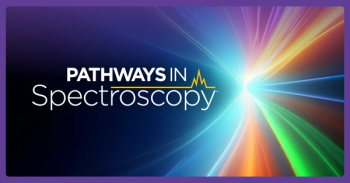
Rigaku Establishes XRF Center of Excellence in Austin, Texas
Rigaku Corporation has announced the formation of Applied Rigaku Technologies.
Rigaku Corporation (Tokyo, Japan) has announced the formation of a new research and development, manufacturing, sales, service, and support subsidiary — Applied Rigaku Technologies, Inc. (ART) — dedicated to energy dispersive X-ray fluorescence (EDXRF) and related elemental analysis technologies.
This new U.S.-based "EDXRF Center of Excellence" is located in an all-new 20,000 square foot facility in the northwest quadrant of Austin, Texas. As an affiliated company of the Rigaku XRF product group based in Osaka, Japan, ART will participate in the co-development of novel and cost-effective X-ray-based analytical instruments and techniques to better serve the metrology requirements of the company's expanding global customer base. The objective of this organization structure is to provide industry, academe, and governments worldwide access to the latest in X-ray analytical technologies while delivering to customers a partnership-level service and support experience.
Newsletter
Get essential updates on the latest spectroscopy technologies, regulatory standards, and best practices—subscribe today to Spectroscopy.




